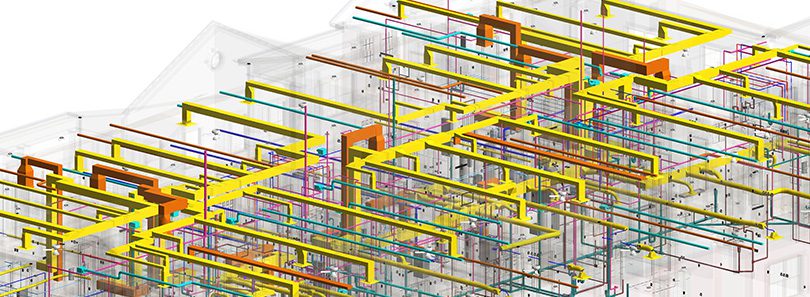Energy efficiency is becoming increasingly important in the field of mechanical, electrical, and plumbing engineering. With rising energy costs and growing concerns about the environmental impact of energy consumption, MEP engineers play an important role in designing and implementing energy-efficient systems.

Image Source: Google
Here are some points that will explore some of the key strategies that MEP engineers can employ to maximize energy efficiency in their projects:
1. Building Envelope Optimization
Optimizing the building envelope includes the walls, roof, windows, and doors of a building, which serve as barriers between the interior and exterior environments. By improving insulation, reducing air leakage, and using energy-efficient windows and doors, MEP engineers can minimize heat transfer and maintain a comfortable indoor environment without excessive reliance on heating or cooling systems.
2. Lighting Design
Lighting is an another significant energy consumer in buildings. MEP engineers can employ various strategies to optimize lighting design and improve energy efficiency for decorating them efficiently.
3. Renewable Energy Integration
Integrating renewable energy sources into building designs is a key strategy for achieving energy efficiency. MEP engineers can explore options to generate clean and sustainable energy. By utilizing renewable energy sources, buildings can reduce their reliance on traditional energy grids and decrease their carbon footprint.